
- Book extract
- Book extract
The history of brainwashing
Is it possible to control what other people think? In this abridged extract from his book ‘Brainwashed’, psychoanalyst and historian Daniel Pick offers us a new history of thought control.

- Article
- Article
A brief history of tattoos
The earliest evidence of tattoo art dates from 5000 BC, and the practice continues to hold meaning for many cultures around the world.

- In pictures
- In pictures
The hermit life from medieval to modern
Can hermits get lonely? Explore solitary lives through the ages, from early religious ascetics to children imprisoned in churches, and on to those compelled to withdraw from modern life in the 21st century.

- Long read
- Long read
Rehab centres and the ‘cure’ for addiction
Guy Stagg takes us on a brief history of rehab centres and their approaches to addiction and recovery.
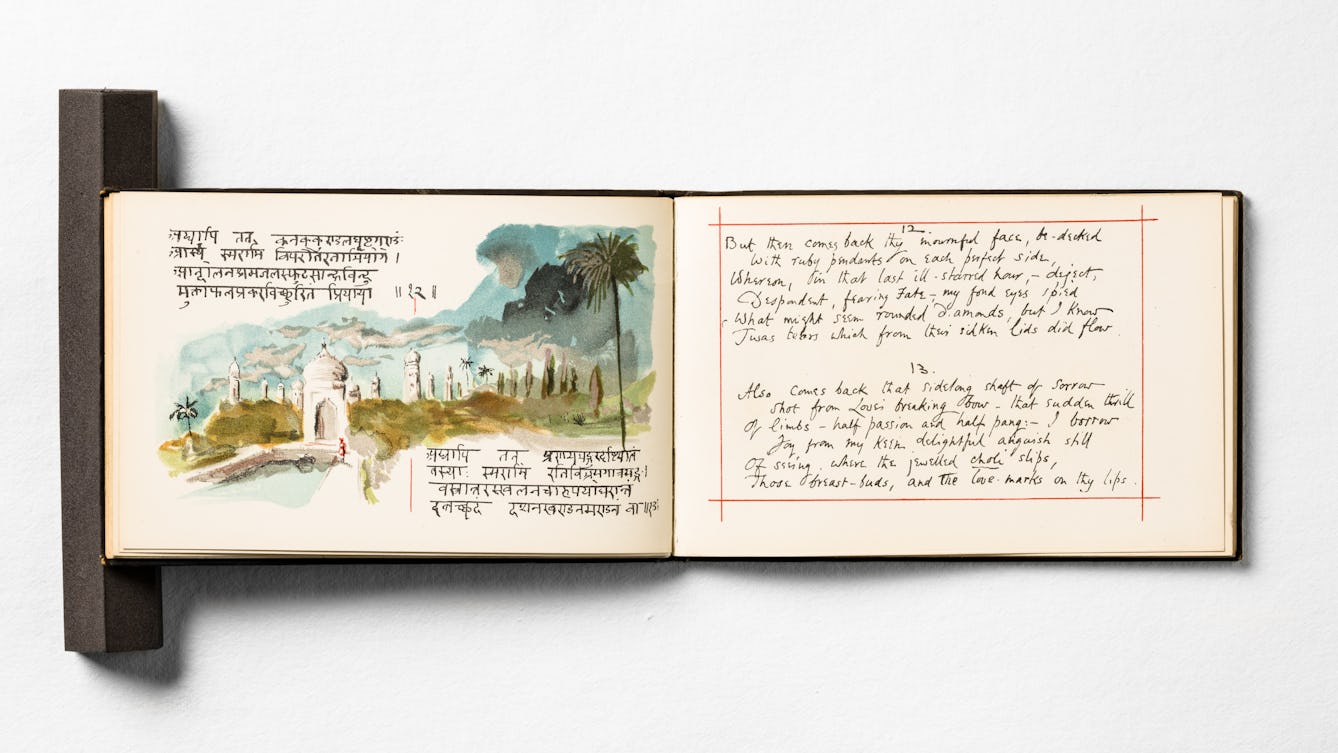
- Article
- Article
Lovesickness and ‘The Love Thief’
An 11th-century poem of love, lust and possibly gruesome death still resonates today.

- Article
- Article
Parasites and pests from the medieval to the modern
Humans have been reluctant hosts to a plethora of unpleasant parasites for centuries. And medieval evidence shows our modern distaste for these little irritations is just as ancient.
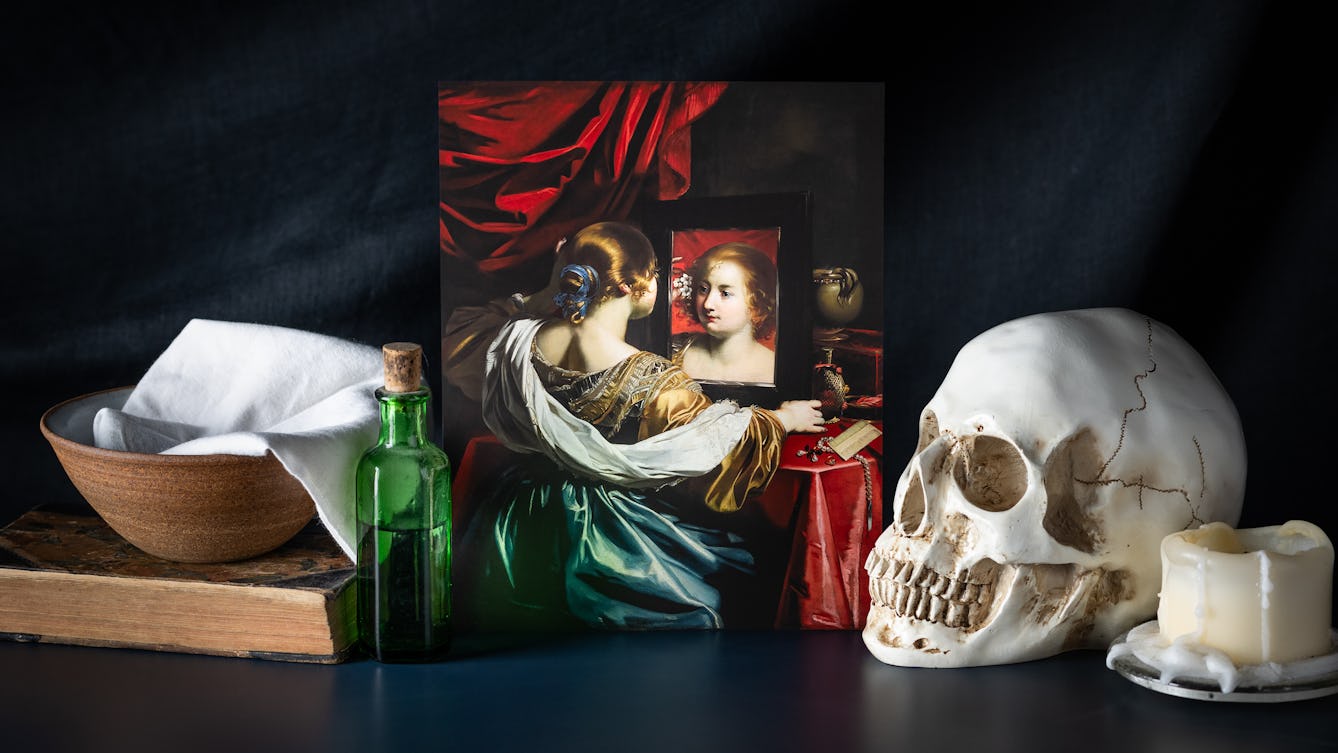
- Book extract
- Book extract
Renaissance women and their killer cosmetics
In this extract from ‘How to be a Renaissance Woman’, Jill Burke delves into a complex world of beauty products, poison and patriarchy – and reveals the impossible contradictions of femininity faced by 16th-century women.

- Article
- Article
Does mass media pave the way to fascism?
In the aftermath of World War II, psychoanalysts found the psychological roots of authoritarianism closer to home than was comfortable.

- In pictures
- In pictures
Pum Dunbar’s living lessons
Read the ‘legends’ that give insight into Pum Dunbar’s creative process while producing her recent series of collages.
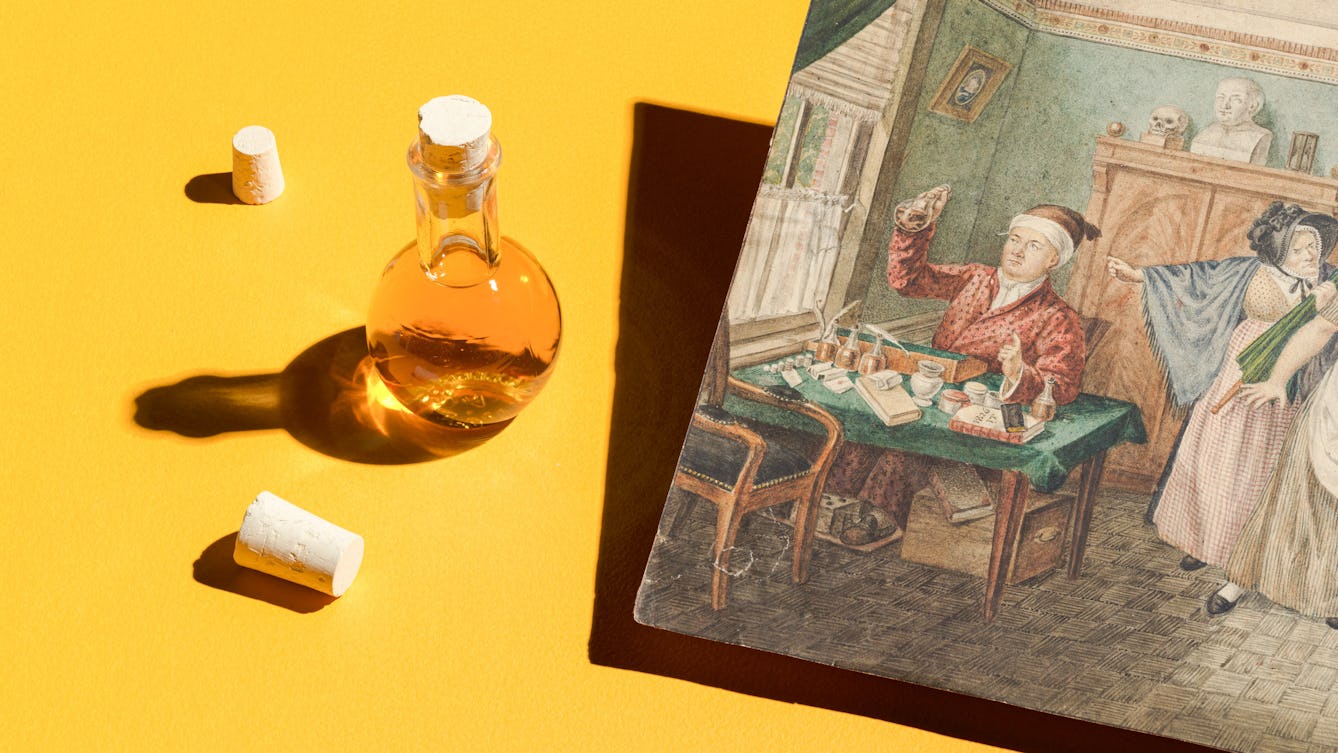
- Article
- Article
Remote diagnosis from wee to the Web
Medical practice might have moved on from when patients posted flasks of their urine for doctors to taste, but telehealth today keeps up the tradition of remote diagnosis – to our possible detriment.
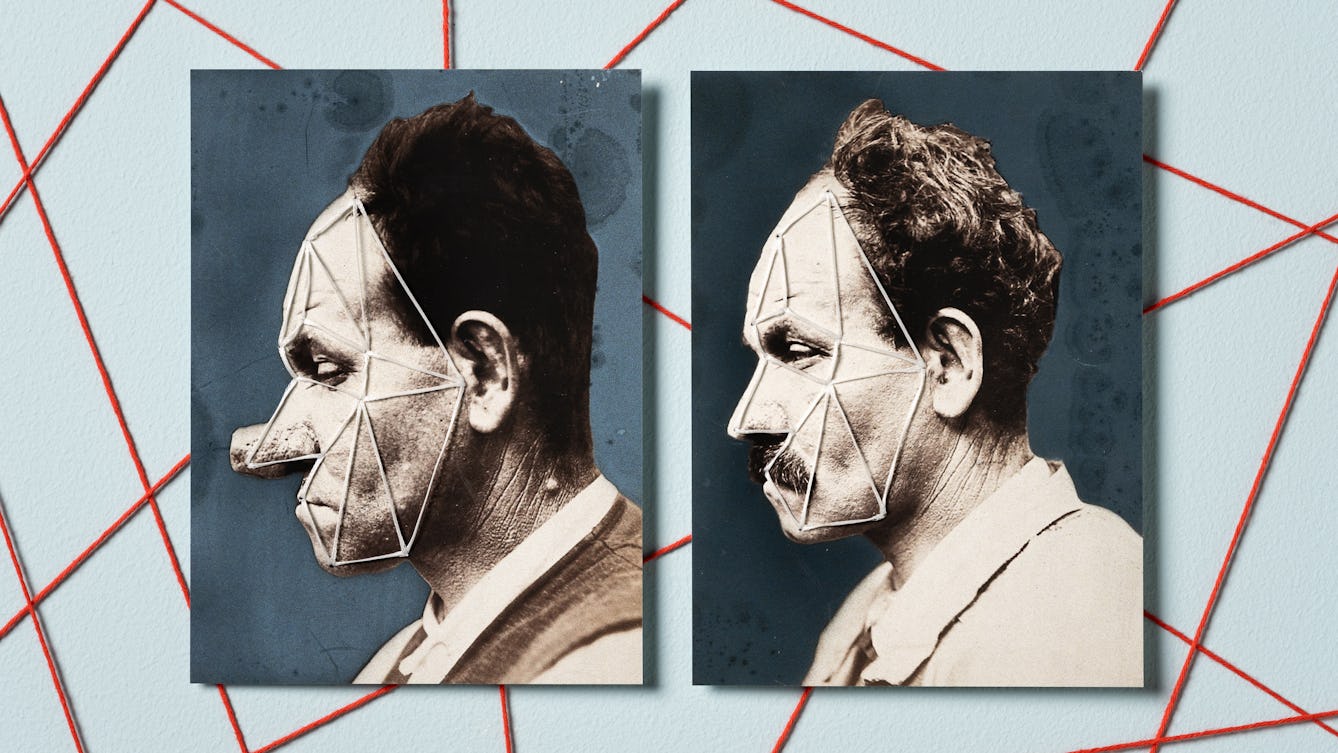
- Article
- Article
Why even plastic surgery can’t hide you from facial recognition
Once upon a time, plastic surgery allowed a few notorious criminals to evade the law. But today, sophisticated facial-recognition technology has turned dreams of anonymity to dust.
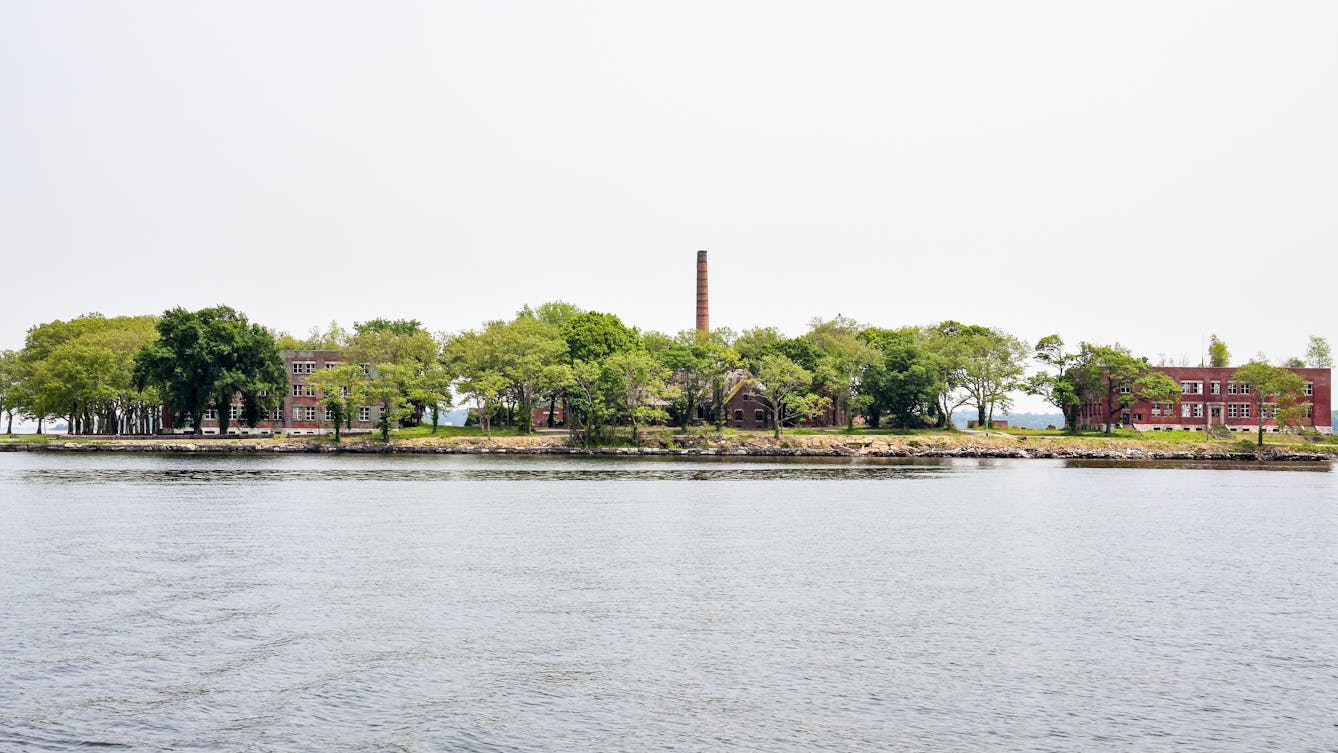
- Article
- Article
The island of unclaimed bodies
In New York, those who live and die on the extreme edges of society are buried on an isolated island, often forgotten and unmourned. But recent legal changes aim to reduce stigma and restore their dignity.
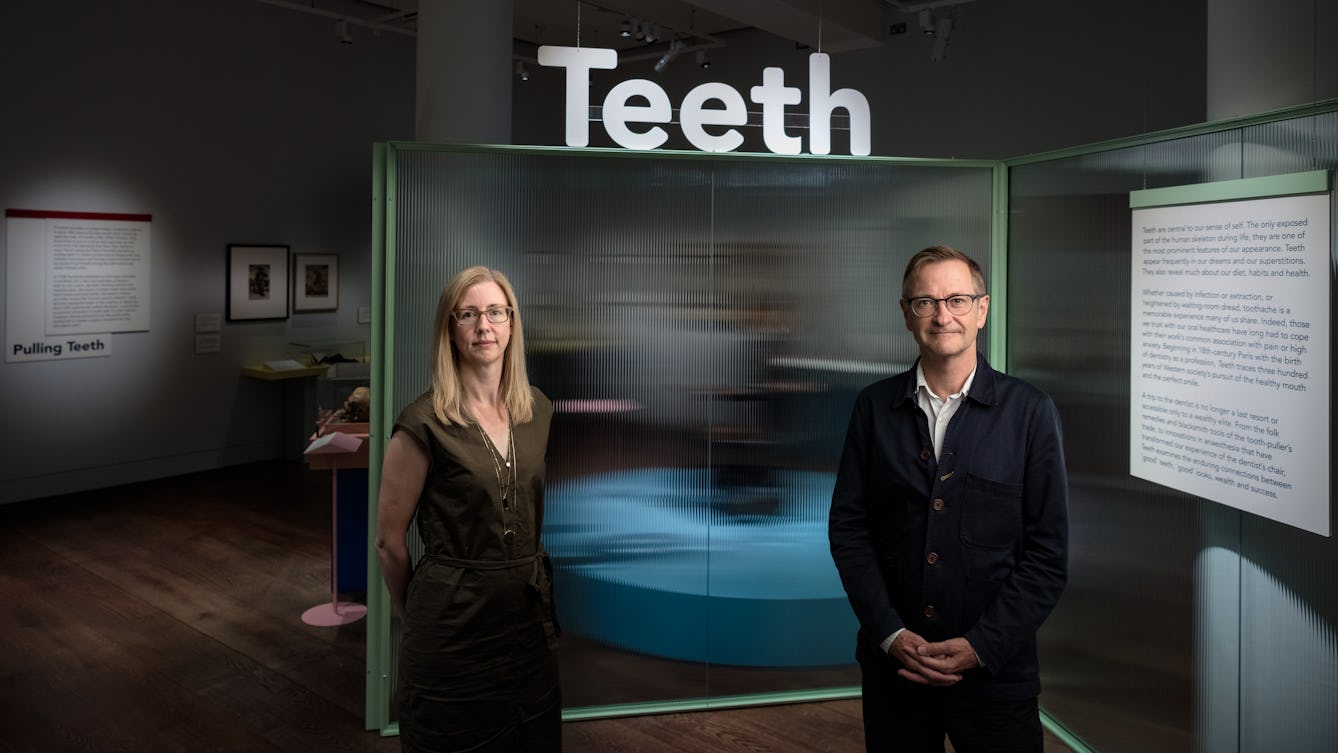
- Interview
- Interview
Inside the minds of Teeth’s two curators, James Peto and Emily Scott-Dearing
James Peto and Emily Scott-Dearing talk visceral reactions, their interactions and object extractions.

- Article
- Article
Writing in remission
Reading the writings of the lifelong hypochondriac Jacques Derrida during lockdown, Brian Dillon realises his own health anxiety has become unusually subdued.
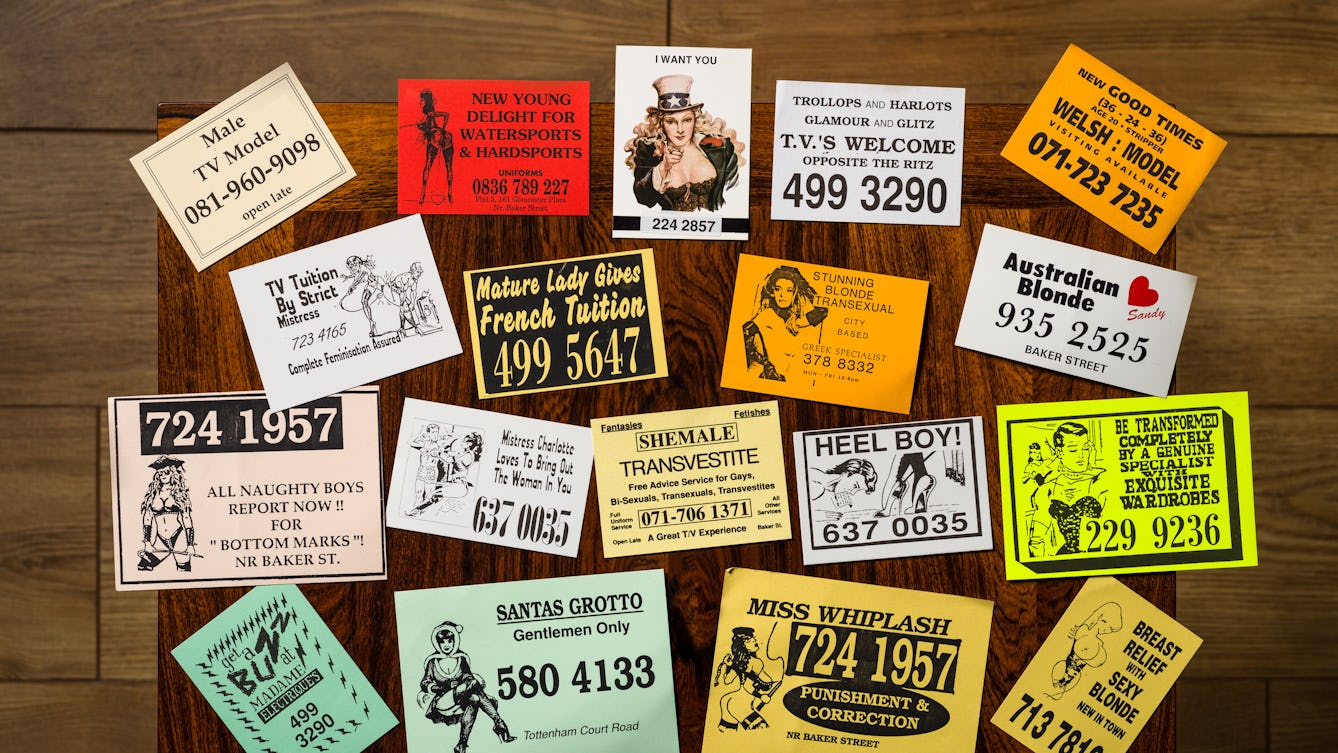
- Article
- Article
Dial ‘S’ for sex
In pre-internet days, phone boxes became a patchwork of ‘tart cards’ offering sexual services. Find out about the clandestine world they hint at.

- Photo story
- Photo story
Beautiful bedding and how to die well
When you are unwell, your bed can be both a refuge and a prison. Discover how artist Poppy Nash created a bed-centred artwork inspired by her own chronic illness and depictions of ill health from history.
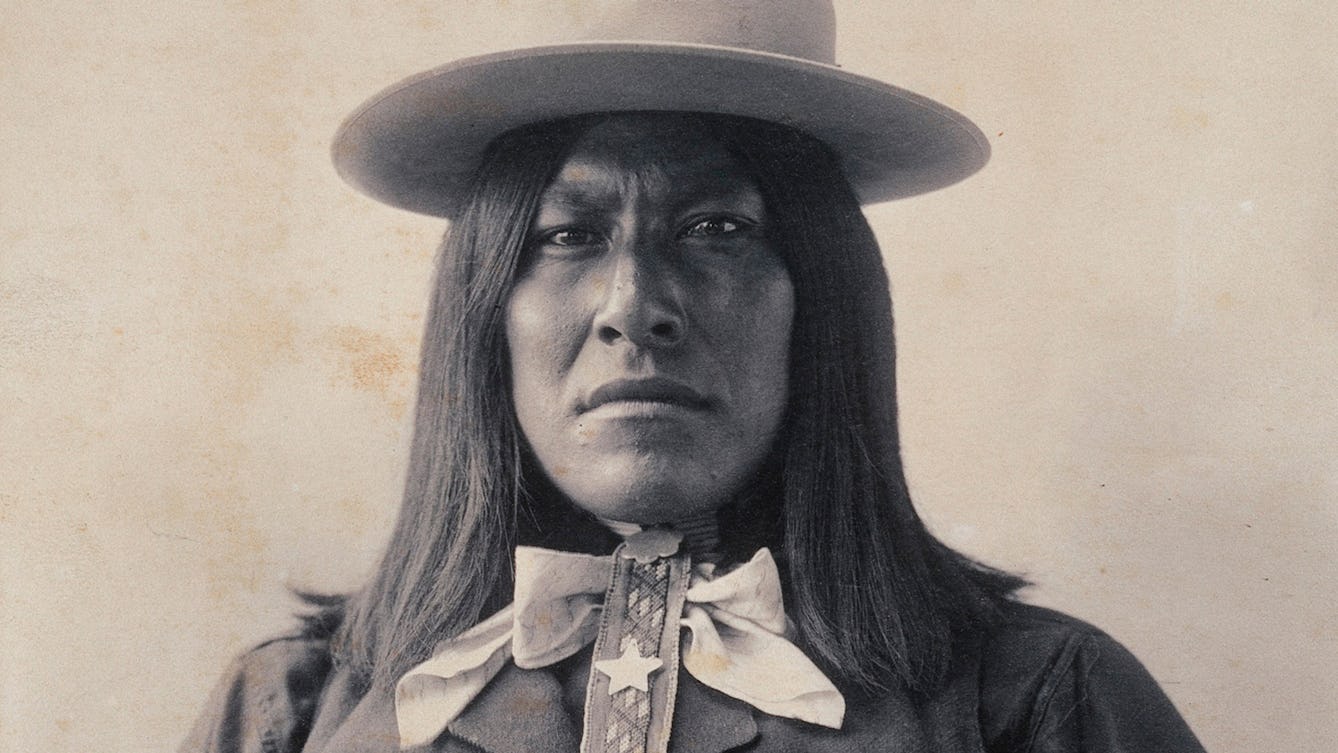
- Article
- Article
Native Americans through the 19th-century lens
The stories behind Rinehart's photographs may not be as black and white as they first appear.
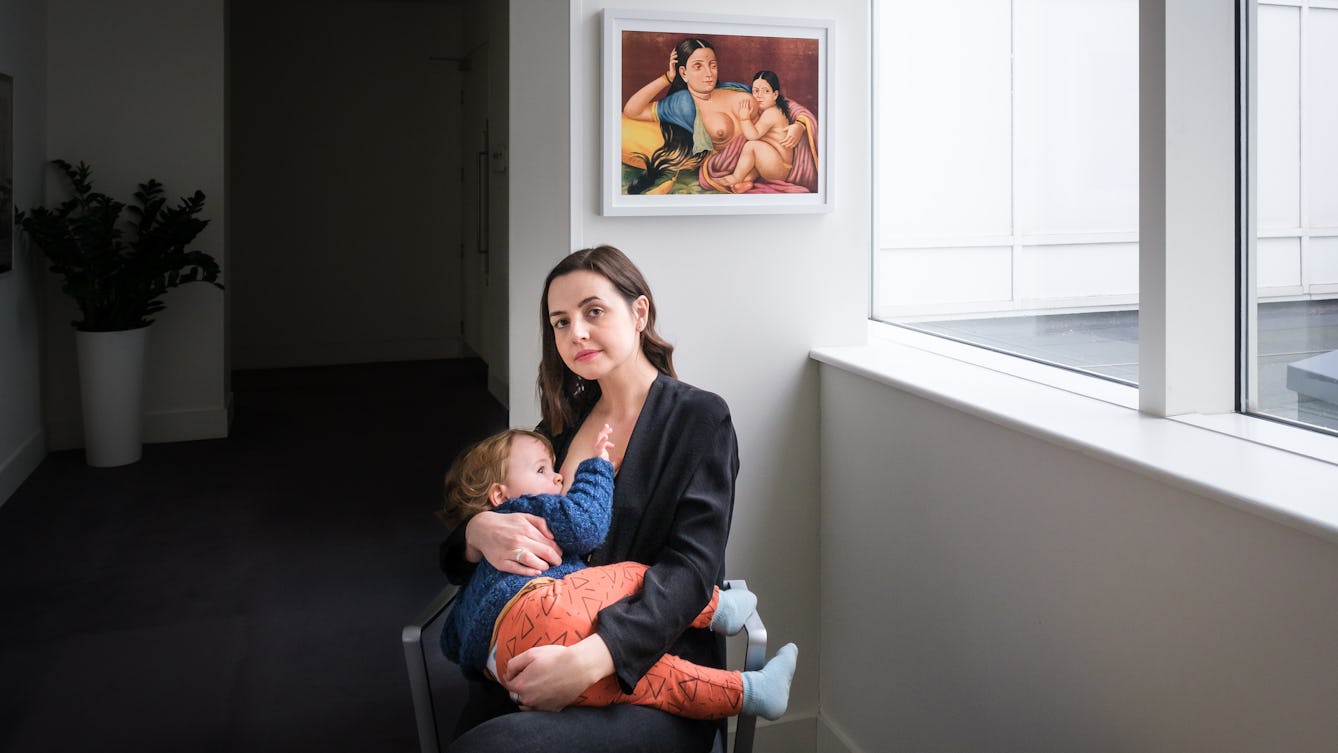
- Article
- Article
Confusion, guilt, and the battle to breastfeed
Most new mums are told that breast is best. But breastfeeding doesn’t always come as easily or naturally as you might imagine.
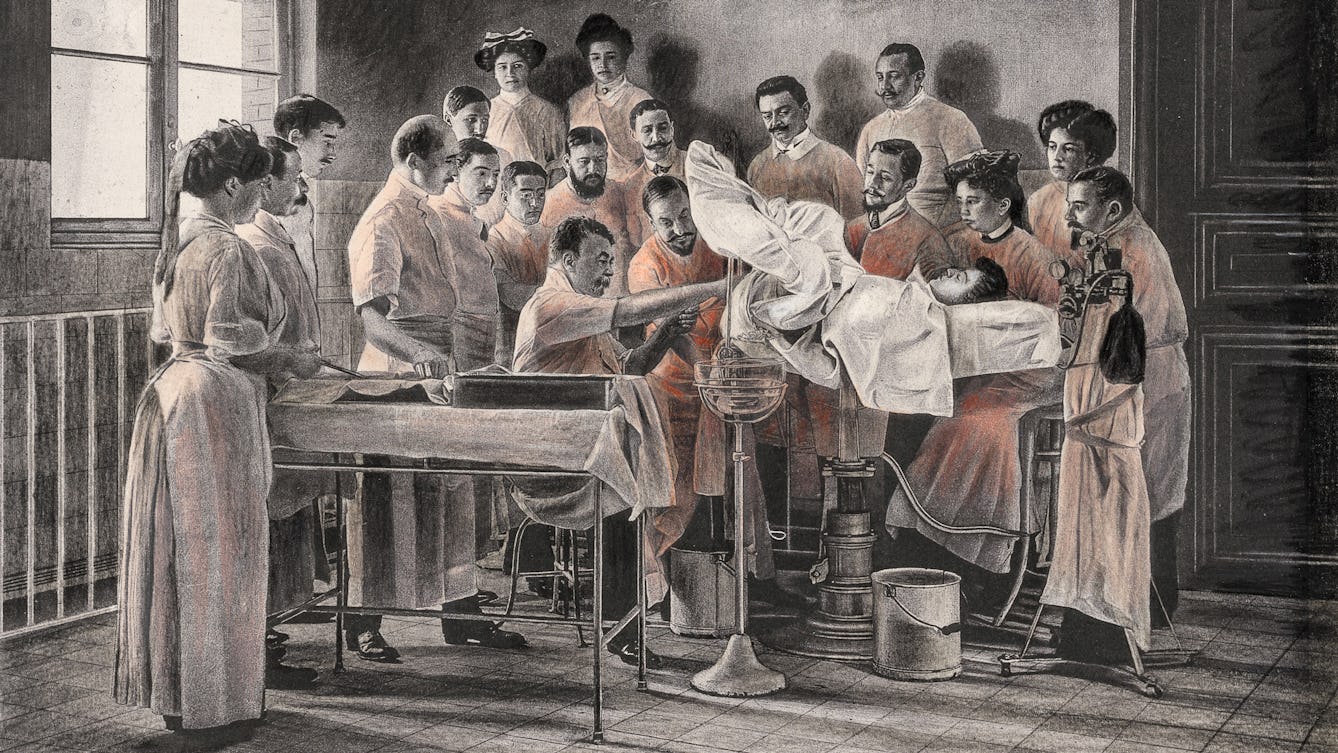
- Article
- Article
The search for a cure for endometriosis
Discover how a white American doctor’s experimental operations on black female slaves laid the foundations for modern gynaecological surgery.
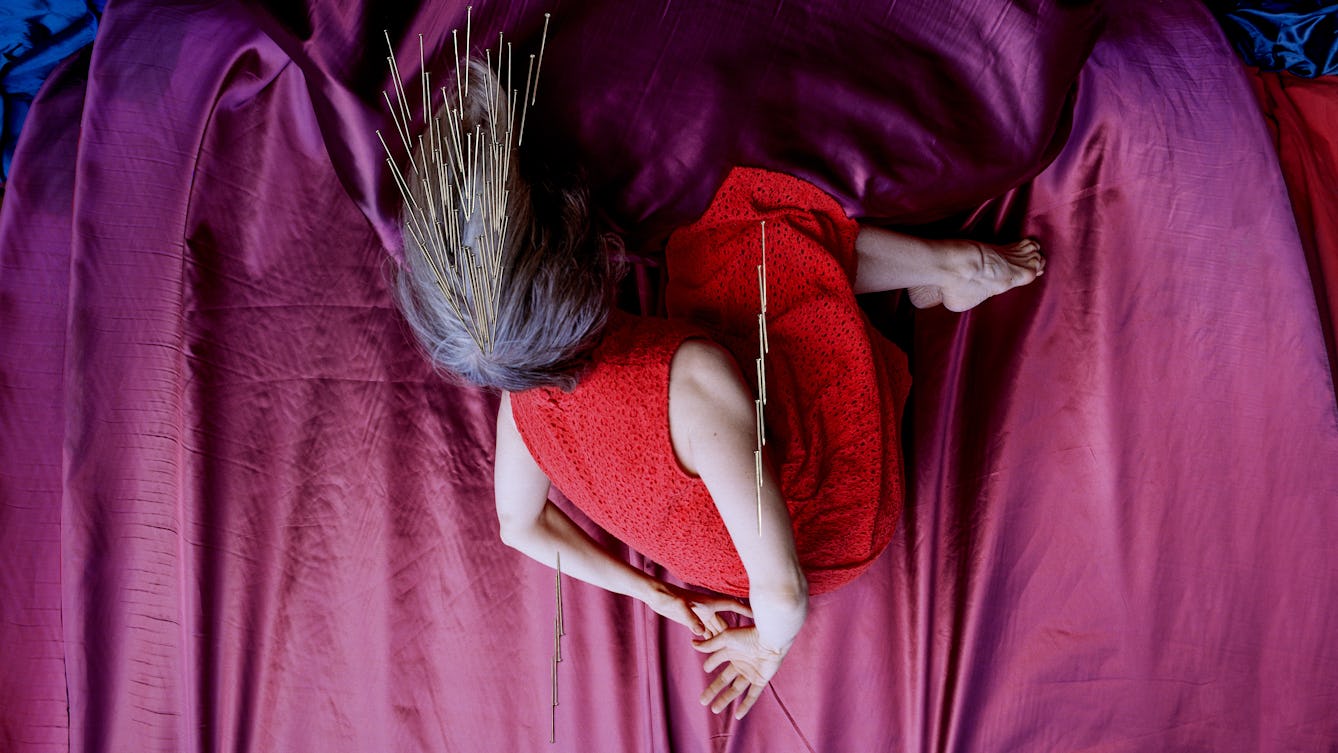
- Article
- Article
Are people born violent?
Laura Bui explores how the nature vs nurture debate applies to those who commit homicide.
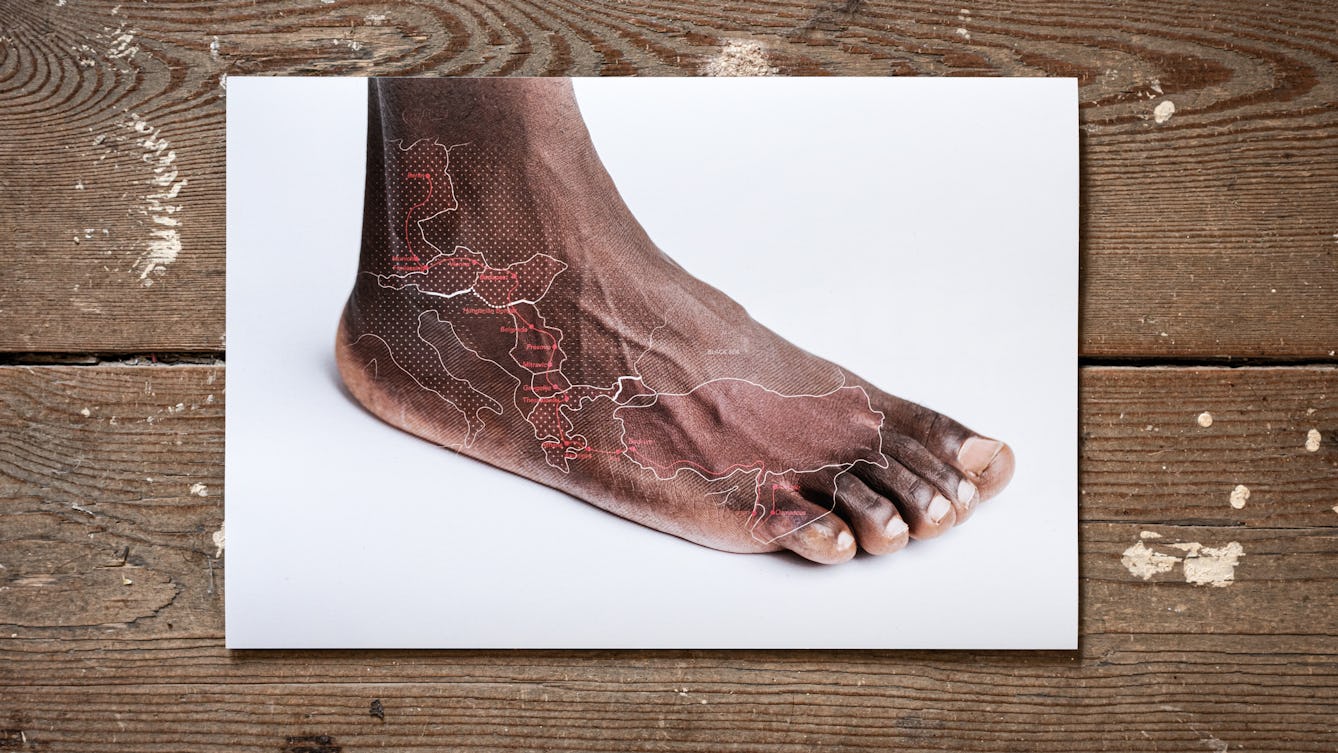
- Article
- Article
When wounds replace words
For the many thousands of refugees waiting in Greece, the process to establish the truth of their tragic personal histories is often extremely upsetting. But a group of medics and legal workers is working together to make the system more humane.
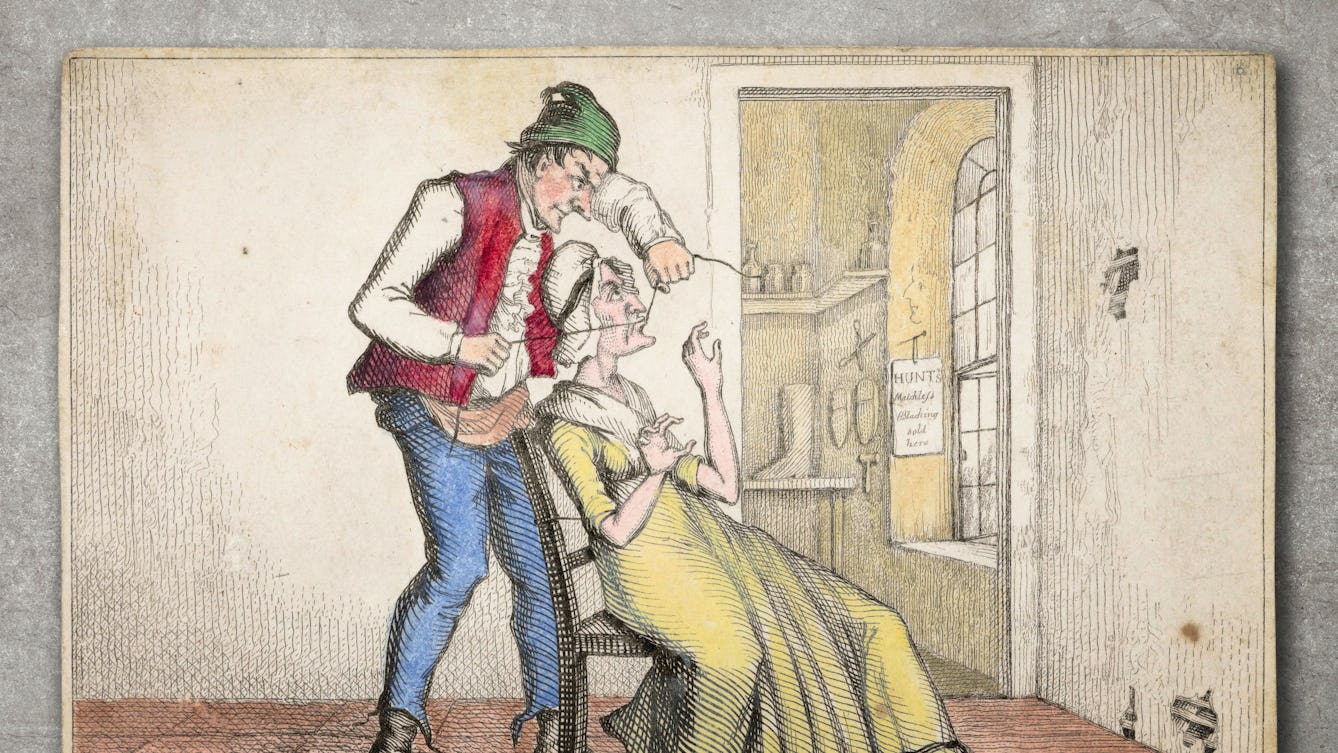
- Article
- Article
Transforming the decorative into dissent
Discover how embroidered messages by two ‘troublesome’ women in 19th-century asylums are mirrored in the therapeutic quilting work of writer Rachel May.

- Photo story
- Photo story
The man who remembers everything
Tilney1 can remember his life in minute detail, but can’t control the incessant intrusion of thoughts and images from the past. As cuts to mental health services isolate him more and more, a crisis approaches.

- Article
- Article
The unearthly children of science fiction’s Cold War
In the 1950s a new figure emerged in British novels, film and television: a disturbing young alien that revealed postwar society’s fear of the unruly power of teenagers.

- Book extract
- Book extract
“I’ve never talked to anybody about this before”
Douglas is furious. He’s at crisis point and needs help. Read the first of his two sessions with psychoanalyst Susie Orbach.